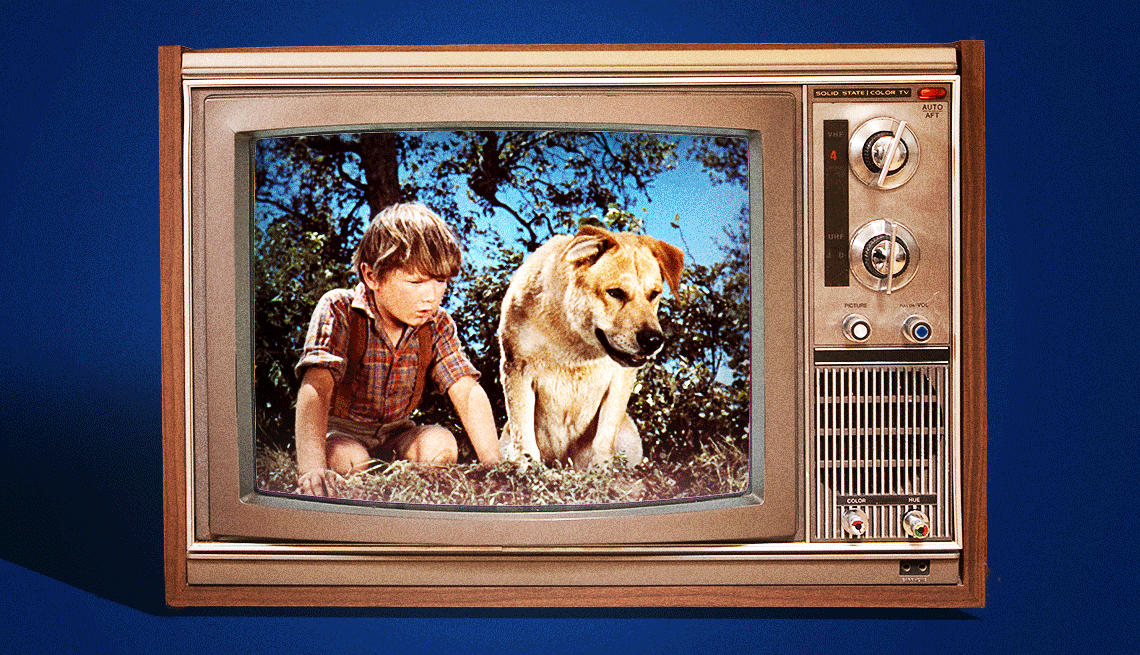AARP Hearing Center


I really didn’t think I was going to cry this time.
It’s been 40 years since I first saw The NeverEnding Story in the theaters — it came out in 1984, when I was a preteen — and I thought enough time had passed that it wouldn’t affect me emotionally.
If you grew up in the ‘70s and ‘80s (i.e., you’re a Gen Xer), you know exactly the scene I’m talking about. Atreyu and his loyal companion, a white horse named Artax, are traveling through the Swamps of Sadness. Artax gets stuck in the muck and begins to sink as Atreyu looks on helplessly and shouts at his old companion, “You have to try! You have to care!”
The scene wrecked me back in the ‘80s, and apparently it still wrecks me now. My son, however, a saucy 13-year-old who only agreed to watch the movie on my insistence, wasn’t as moved by the death of a fictional horse.
“What are you getting so worked up about?” He asked as I surreptitiously wiped away tears. “It’s just a movie.”
Just a movie? Don’t tell that to the legions of Gen Xers still haunted by the memories. You can find them online if you look — numerous Reddit threads where fellow Xers talk about the “collective childhood trauma” of Artax’s death, essays on various websites, and on TikTok, where one Gen-X user noted that the movie defined “so much of our personalities… and our therapy sessions.”
































































You Might Also Like
Caroline Manzo Serves Up Italian American Dishes in New Cookbook
‘Real Housewives of New Jersey’ alum shares recipes for One-Pan Branzino and Tomatoes and moreGrilled Whole Flounder With Sauce Chien Beurre Monté Recipe
Excepted from ‘The MeatEater Outdoor Cookbook’ by Steven Rinella and Krista RuaneThe Best Dresses for Women Over 50 in 2024
Perfect picks are not too short, not too bare, not too tight and loaded with styleRecommended for You